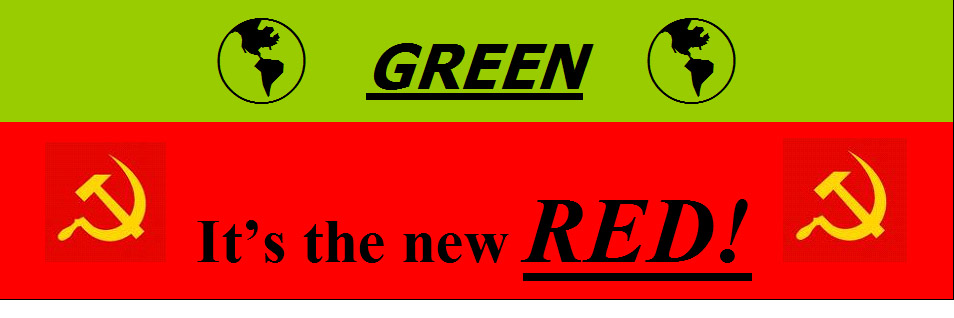 Clameur de Haro was not remotely surprised to see the traditional banner of redistributive tax-and-spend socialism unequivocally hoisted to the Daniel Wimberley masthead this week. In his letter on Tuesday to the Jersey Evening [sic] Post about the Angry Men, Mr Wimberley rehearsed all the predictable mantras associated with the philosophy.
Clameur de Haro was not remotely surprised to see the traditional banner of redistributive tax-and-spend socialism unequivocally hoisted to the Daniel Wimberley masthead this week. In his letter on Tuesday to the Jersey Evening [sic] Post about the Angry Men, Mr Wimberley rehearsed all the predictable mantras associated with the philosophy.
We had, most notably, the attempted excoriation of what he terms as the low-tax, low-spend ideology implemented over the past three decades, and which according to him must be resisted. Apart from providing an explicit statement of his predatory stance on public sector finances, it is also less than accurate.
Does Mr Wimberley really believe that we have had a low-spend government? If only we had been so blessed - we might not be in the position that we now are. The problems we face at present are in very great measure due to the runaway, uncontrolled public spending and public sector growth that we have seen in the last ten years, and the inability or unwillingness of most politicians to tackle it.
He then follows the usual scare tactics of the political left by implying that the Angry Men favour curtailing public expenditure by abandoning respite care for the disabled, the Town Park, and the problems of Bellozanne, and essential infrastructure maintenance. But nowhere in Mr Trower’s conversation with the JEP’s Ben Queree is any of this even hinted at.
What Mr Trower and his colleagues quite rightly protest against is the sheer size, reach, dubious utility and uncontrolled expense of much of the bureaucratic empire, allied to inadequate financial and budgetary discipline – and the inclination to tax in order to fund it, rather than address the underlying problem. Remember the contract for the incinerator, Mr Wimberley? Advocates of a smaller, leaner, less activist but more efficient government have been saying for years that the public sector does too much that is unnecessary, and does it at far greater cost than necessary.
Mr Wimberley appears to recoil in horror that States’ departments were forced to make efficiency savings in order to limit the necessity for taxation increases. Obviously he adheres to the collectivist assumption that public spending is somehow a good in itself, and finds the notion that individuals should be able to retain more of their own money as heresy.
He needs to be reminded that the state, and the public sector, has no resources of its own other than what it confiscates from individuals and firms by way of taxation. As Ludwig Von Mises put it -
“At the bottom of the interventionist argument there is always the idea that the government or the state is an entity outside and above the social process of production - that it owns something which is not derived from taxing its subjects - and that it can spend this mythical something for definite purposes.
This is the Santa Claus fable raised by Keynes to the dignity of an economic doctrine and enthusiastically endorsed by all those who expect personal advantage from government spending.
As against these popular fallacies there is need to emphasize the truism that a government can spend or invest only what it takes away from its citizens - and that its additional spending and investment curtails the citizens’ spending and investment to the full extent of its quantity.”
Add to del.icio.usDigg It!Stumble This














No comments:
Post a Comment